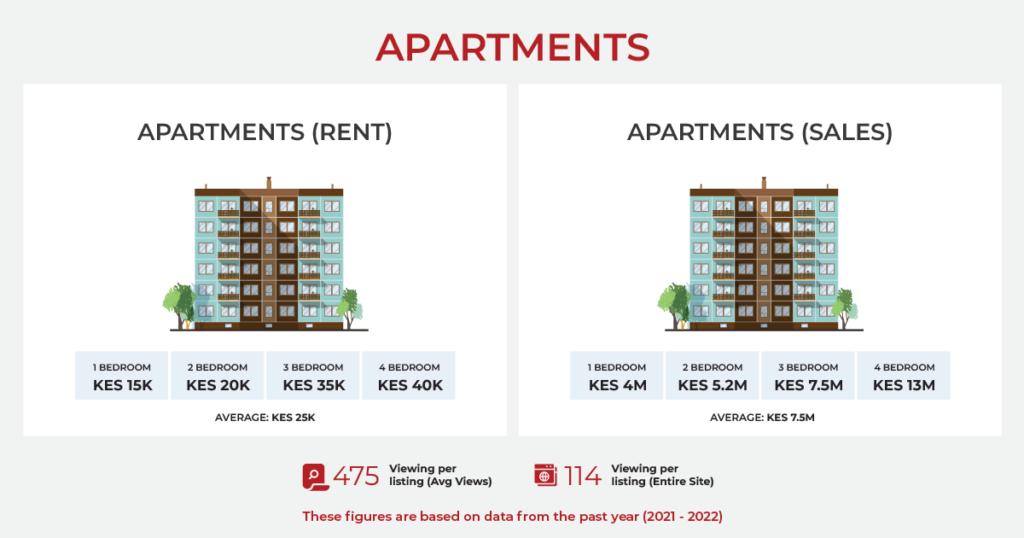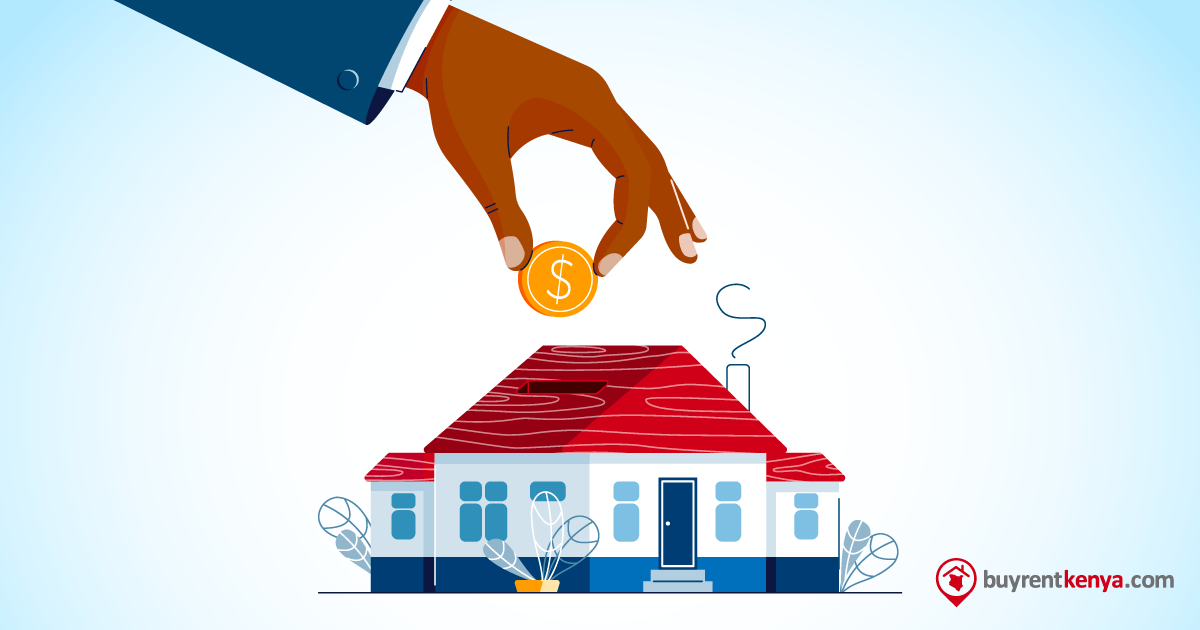Real estate investment in Kenya can be a profitable venture for those who are willing to put in the effort. However, with numerous investment options available, it can be challenging to determine which opportunities are worth pursuing. In order to make sound investment decisions, you need to have the right knowledge to evaluate the potential of a property. Investing in real estate requires careful consideration of various factors as they can have a significant impact on the success of your investment.
In this blog, we’ll explore some of the key factors to consider when identifying a good real estate investment opportunity in Kenya. By understanding these factors, you’ll be better equipped to make informed investment decisions and increase your chances of success. We’ll cover topics such as location, market demand, affordability, growth potential, rental income potential, and legal considerations. So, whether you’re a seasoned investor or a first-time buyer, read on to learn how to identify a good real estate investment opportunity in Kenya.
Table of Contents
Factors to consider before investing in real estate in Kenya
Location of the real estate investment
Location is one of the most critical factors to consider when investing in real estate in Kenya. The location of a property can significantly affect its value, rental income potential, and resale value. Factors, such as accessibility, infrastructure, and proximity to amenities are important to consider. A property that is located in a desirable area with good infrastructure, easy accessibility, and close proximity to essential amenities. Schools, hospitals, shopping centers, and other amenities are likely to attract higher demand and command a higher value.
Furthermore, you should also consider the growth potential of the area where the property is located. Properties in areas with high growth potential are more likely to appreciate in value over time and provide good returns on investment. For example, there has been significant growth in some satellite towns in Nairobi such as Kitengela, Syokimau and Athi River. This can be attributed to the infrastructure. After the building of the Nairobi Expressway and the SGR railway, the area boomed and property prices increased steadily.

Overall, location is a crucial factor to consider when investing in real estate in Kenya. By choosing a property in a desirable location, you increase your chances of success and achieve better returns on investment. However, remember to evaluate all other factors before making a final investment decision.
Market demand of the real estate property
Market demand is another crucial factor to consider when investing in real estate in Kenya. The current and future demand for a particular type of property can have a significant impact on its potential for appreciation and rental income.
Before investing in a property, you should conduct market research to identify the current and projected demand for that type of property in the area. For example, if you’re considering investing in a residential property, you should evaluate the demand for rental properties in the area and the average rental rates. Areas in Nairobi currently with the highest rent are Ruaka, Kikuyu town and Ngong Road.
One way to determine market demand is to look at the vacancy rates in the area. High vacancy rates could indicate low demand for rental properties, while low vacancy rates suggest high demand. You can also look at historical data and trends to evaluate the demand for properties in the area.
Legal considerations before investing in real estate
Legal considerations are a critical factor to consider when investing in real estate in Kenya. Failure to comply with legal requirements can lead to fines, legal disputes, and even the loss of your investment. Before investing in a property, it’s essential to conduct thorough due diligence and ensure that the property’s documentation is in order. Here are some legal considerations to keep in mind when investing in real estate in Kenya:
- Title Deeds: Verify that the property has a valid title deed and that the seller is the rightful owner of the property. You can conduct a search at the Ministry of Lands to confirm the property’s ownership and title deed.
- Zoning Laws: Ensure that the property is zoned for the intended use, whether it’s residential, commercial, or industrial. You should also check if there are any restrictions or conditions on the property’s use.
- Building Permits: Confirm that the property has all the necessary approvals and permits from the relevant authorities for the building’s construction. Failure to comply with building regulations can lead to legal disputes and fines.
- Tax Obligations: Determine the property’s tax obligations, including property taxes and capital gains taxes. You should also check if there are any outstanding taxes owed on the property.
- Contracts and Agreements: Ensure that all contracts and agreements related to the property are legally binding and enforceable. You should seek the advice of a legal expert to review all contracts and agreements before signing.
Growth potential of the real estate investment
Growth potential is another important aspect to consider when investing in real estate in Kenya. Investing in an area with growth potential can lead to higher returns on investment, both in terms of capital appreciation and rental income. Here are some factors to consider when evaluating the growth potential of an area:
- Infrastructure: The development of infrastructure, such as roads, bridges, and public transport, can increase the value of properties in an area. Improved infrastructure can attract more businesses and residents to the area, leading to increased demand for real estate.
- Demographics: An area with a growing population, particularly a young and affluent population, is likely to experience increased demand for real estate. Areas with a high level of immigration and urbanization also offer significant growth potential.
- Economic Growth: Areas with a growing economy and business activity can lead to increased demand for real estate. Consider the availability of job opportunities and the growth of industries in the area.
- Development Plans: Check for any development plans for the area, such as new housing projects, shopping centers, or business parks. These developments can indicate growth potential and lead to increased demand for real estate.
- Property Prices: Evaluate the property prices in the area and the trend over time. If property prices have been consistently increasing, it’s a sign of growth potential.
Conclusion
Investing in real estate in Kenya can be a profitable venture with careful consideration of the right factors. Factors such as location, market demand, legal considerations, and growth potential all play a crucial role in identifying a good investment opportunity. By considering these factors, investors can identify good real estate investment opportunities in Kenya and make informed investment decisions. Seeking the advice of a real estate expert can also help navigate the market and maximize investment potential.



